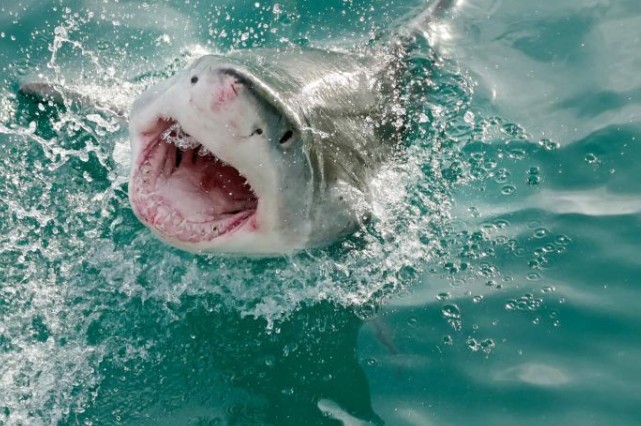Bite-Resistant Wetsuits Could Save Surfers from Fatal Shark Attack
Surfers in Australia may soon have a new line of defence against deadly shark bites. Researchers from Flinders University have tested innovative bite-resistant wetsuit materials, which could dramatically reduce injuries from some of the ocean’s most dangerous predators.
White and tiger sharks top the charts for unprovoked attacks and fatalities. With coastal populations rising and water sports booming, human-shark encounters are becoming more common worldwide.
“While there were small differences between the four tested materials, they all reduced the amount of substantial and critical damage, which would typically be associated with severe haemorrhaging and tissue or limb loss,” said Dr Tom Clarke from Flinders University’s College of Science and Engineering in a press release on 24 September.
The Rising Risk of Shark Attacks
Although shark bites remain rare, their impact can be devastating. Communities near beaches often face both human tragedy and economic consequences.
In a recent incident, a surfer tragically died at Dee Why Beach in Sydney after a shark attack, highlighting the very real dangers surfers can face along the coastline.
The Australian Shark Incident Database reports that, over the past decade, the nation has averaged 20 injuries and nearly three fatalities from shark attacks each year.
The death of surfer Mercury Psillakis near Dee Why Beach in Sydney is a recent reminder of how lethal these encounters can be. Sharks’ sharp, serrated teeth can cause massive blood loss, tissue damage, and even loss of limbs.
Until now, personal protection options have been limited. Chainmail suits offer protection but are cumbersome, heavy, and unsuitable for activities like surfing or diving.
Testing New Bite-Resistant Materials
Flinders University’s team examined four next-generation wetsuit fabrics: Aqua Armour, Shark Stop, ActionTX-S, and Brewster material.
All feature ultra-high molecular weight polyethene, a strong yet lightweight fibre commonly used in sailing ropes. The material promises both protection and flexibility, a crucial combination for water sports enthusiasts.
Testing involved white sharks in Spencer Gulf, South Australia, and tiger sharks off Norfolk Island, Queensland.
Researchers used foam-padded “bite packages” to simulate human tissue and recorded 84 white shark bites and 68 tiger shark bites.
Damage was categorised into four levels: superficial, slight, substantial, or critical. The results were then compared to standard neoprene wetsuits.
“Our study showed that bite-resistant materials incorporated into wetsuits can reduce damage from large white and tiger sharks (>3 m) compared to a standard neoprene wetsuit, even from moderate and severe bites,” Dr Clarke explained.
The new materials successfully prevented shark teeth from puncturing the fabric.
“While these suits don’t eliminate all the risk (e.g., internal injuries may still occur), our results indicate that they can reduce blood loss and trauma from major lacerations and punctures, potentially saving lives,” said Professor Charlie Huveneers.
This is part of a broader drive to guard ocean-goers. In 2024, Macquarie University introduced a non-invasive LED-grounded technology designed to discourage great white harpies.
The system works by dismembering the visual cues harpies use to identify prey, helping help attack browsers.
While no result can remove the peril entirely, these new wetsuits represent a significant step forward in combining safety with practicality for water sports.






